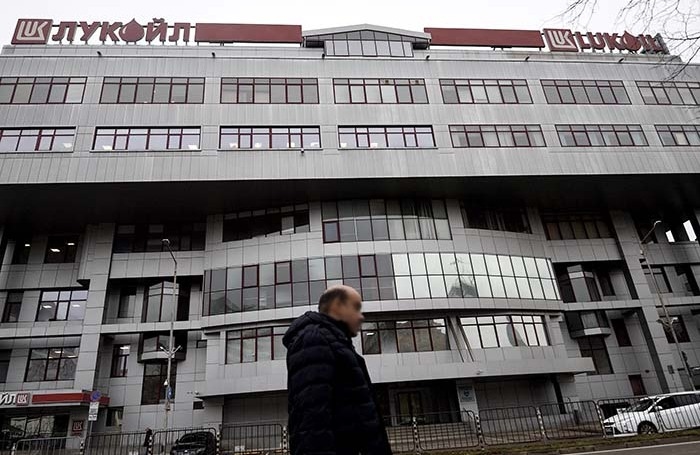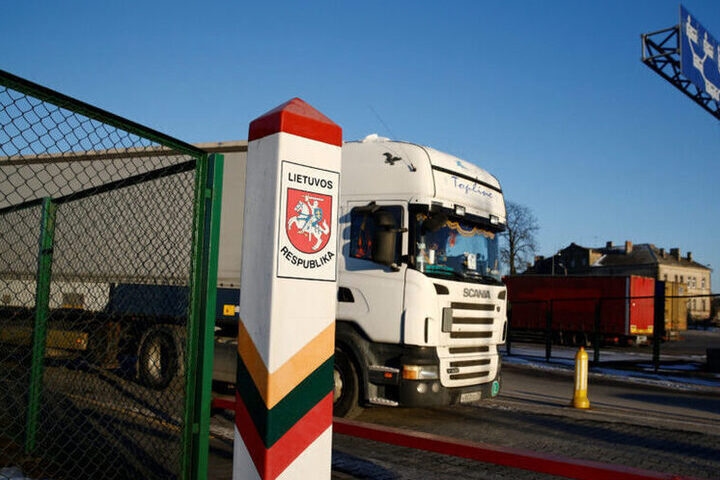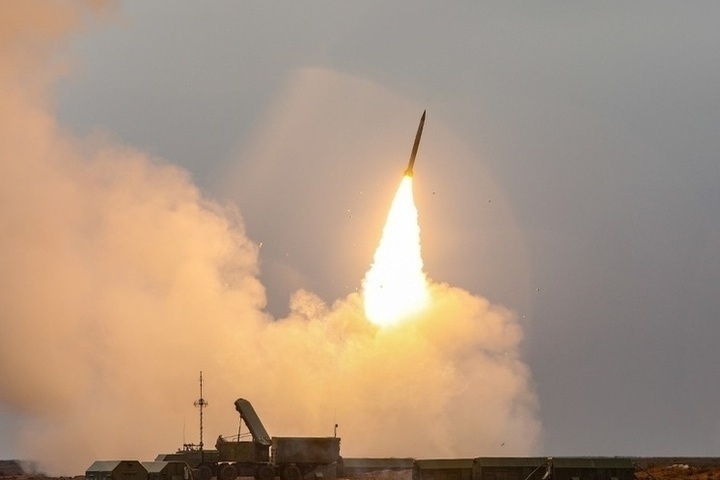Bulgaria and Romania are trying to avoid US sanctions against Russian refineries.

According to Politico, Bucharest is hoping for a postponement of the restrictions, and the nationalization of Lukoil's assets is considered a last resort. The closure of refineries could lead to fuel shortages and price increases in the region.
Sofia and Bucharest are seeking ways to avoid US sanctions against Russian refineries in their countries. According to Politico , Romania hopes to be able to request a waiver of the sanctions, and views the nationalization of Lukoil's assets as a "last resort."
As the publication points out, 80% of Bulgaria's fuel is produced at a refinery owned by Lukoil, and if the refinery is shut down when sanctions are imposed on November 21, the country will only have enough fuel to last until the end of the year. In Romania, refineries owned by the Russian company produce up to 20% of all fuel, and their closure will lead to higher prices.
Will Lukoil's Balkan operations be nationalized? Stanislav Mitrakhovich, a leading expert at the National Energy Security Fund and the Financial University, weighs in:
 Stanislav Mitrakhovich, leading expert at the National Energy Security Fund and the Financial University, said: "LUKOIL had the largest foreign assets of any Russian company because it was betting on global expansion. It was a perfect storm for LUKOIL when it sold its Sicilian refinery in 2023 for approximately €1.5 billion. This was a price more or less comparable to what the market was objectively indicating. Now, of course, with the Gunvor deal falling through , there is a risk, especially given the further deterioration of political relations between Russia and the European Union, that countries with LUKOIL assets will simply pursue nationalization without compensation, as happened with Gazprom in Germany or Poland. It's important to understand that, as of the end of 2022, Russian oil will not be shipped by sea to either Romania or Bulgaria—this is part of one of the sanctions packages." Lukoil continued to own these refineries and could supply them with the oil it deemed necessary. Given that Lukoil was a company with global ambitions and capabilities, they could supply them with oil from their projects in other regions of the world or simply buy the oil on the market from whomever they needed it. And of course, any change of ownership, especially if it isn't done in a civilized manner, as planned with Gunvor, carries the risk of disrupting all supply chains and undermining management. And, in general, one can expect a decline in the quality of operations at these refineries.
Stanislav Mitrakhovich, leading expert at the National Energy Security Fund and the Financial University, said: "LUKOIL had the largest foreign assets of any Russian company because it was betting on global expansion. It was a perfect storm for LUKOIL when it sold its Sicilian refinery in 2023 for approximately €1.5 billion. This was a price more or less comparable to what the market was objectively indicating. Now, of course, with the Gunvor deal falling through , there is a risk, especially given the further deterioration of political relations between Russia and the European Union, that countries with LUKOIL assets will simply pursue nationalization without compensation, as happened with Gazprom in Germany or Poland. It's important to understand that, as of the end of 2022, Russian oil will not be shipped by sea to either Romania or Bulgaria—this is part of one of the sanctions packages." Lukoil continued to own these refineries and could supply them with the oil it deemed necessary. Given that Lukoil was a company with global ambitions and capabilities, they could supply them with oil from their projects in other regions of the world or simply buy the oil on the market from whomever they needed it. And of course, any change of ownership, especially if it isn't done in a civilized manner, as planned with Gunvor, carries the risk of disrupting all supply chains and undermining management. And, in general, one can expect a decline in the quality of operations at these refineries.
A postponement of sanctions became more feasible following talks between Trump and Hungarian Prime Minister Orbán. Following the two leaders' meeting in Washington, the United States waived sanctions on Russian energy supplies to the country via the TurkStream and Druzhba pipelines. The United States also agreed to lift sanctions on the Paks II nuclear power plant project, which is being built by Rosatom.
bfm.ru





